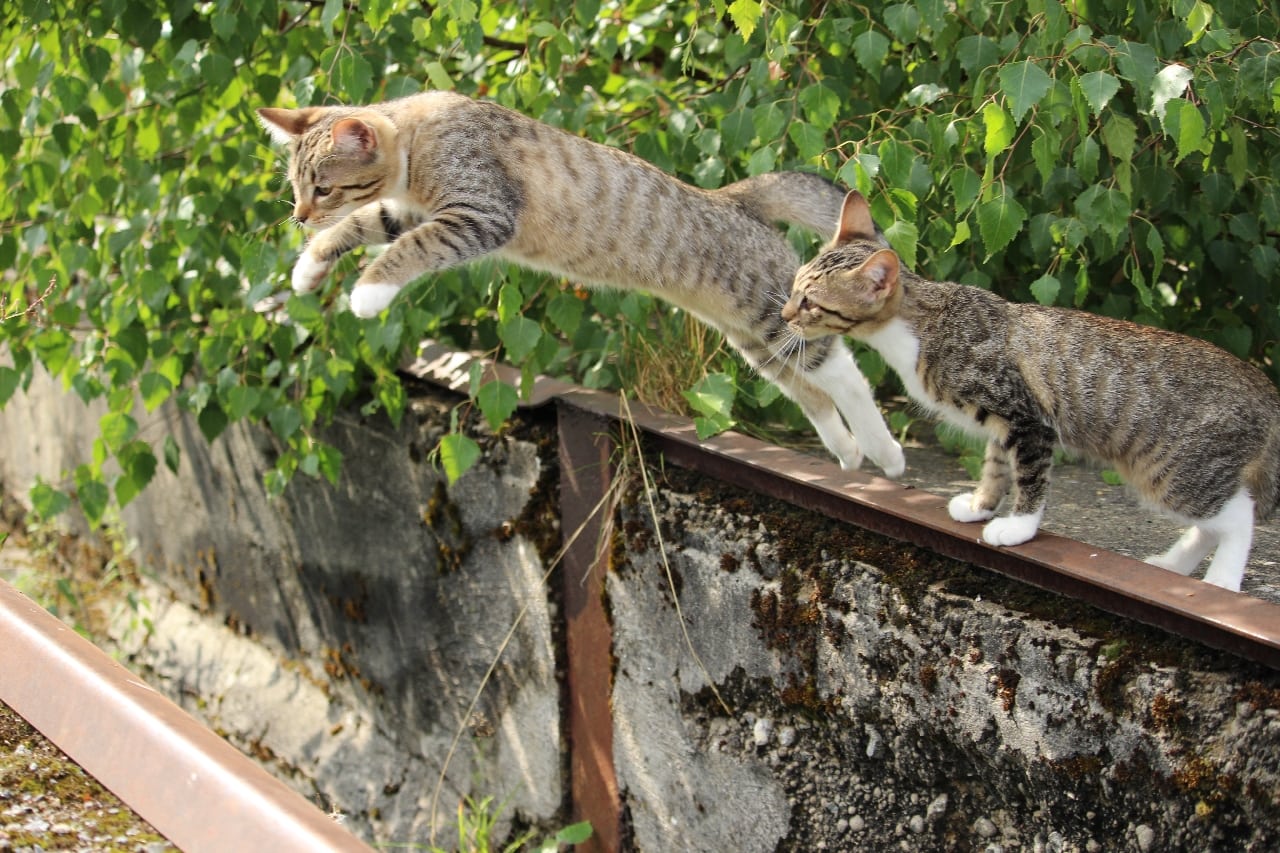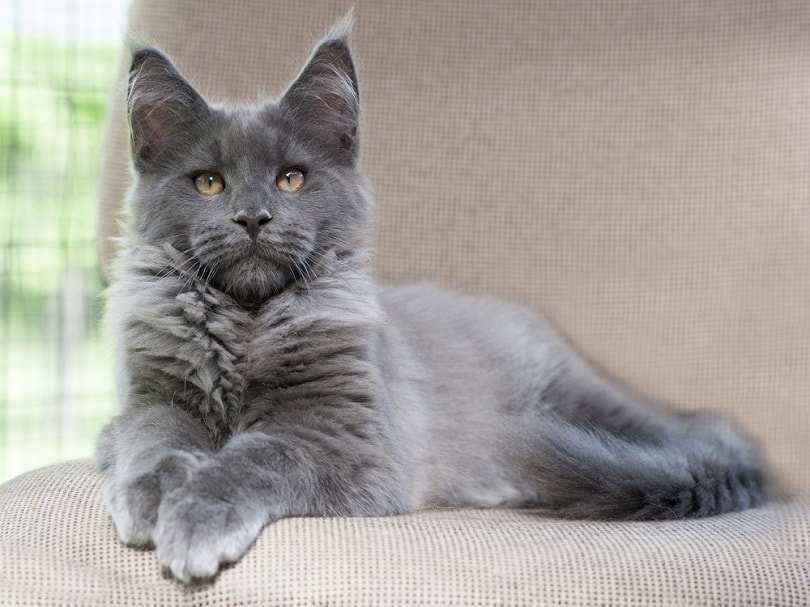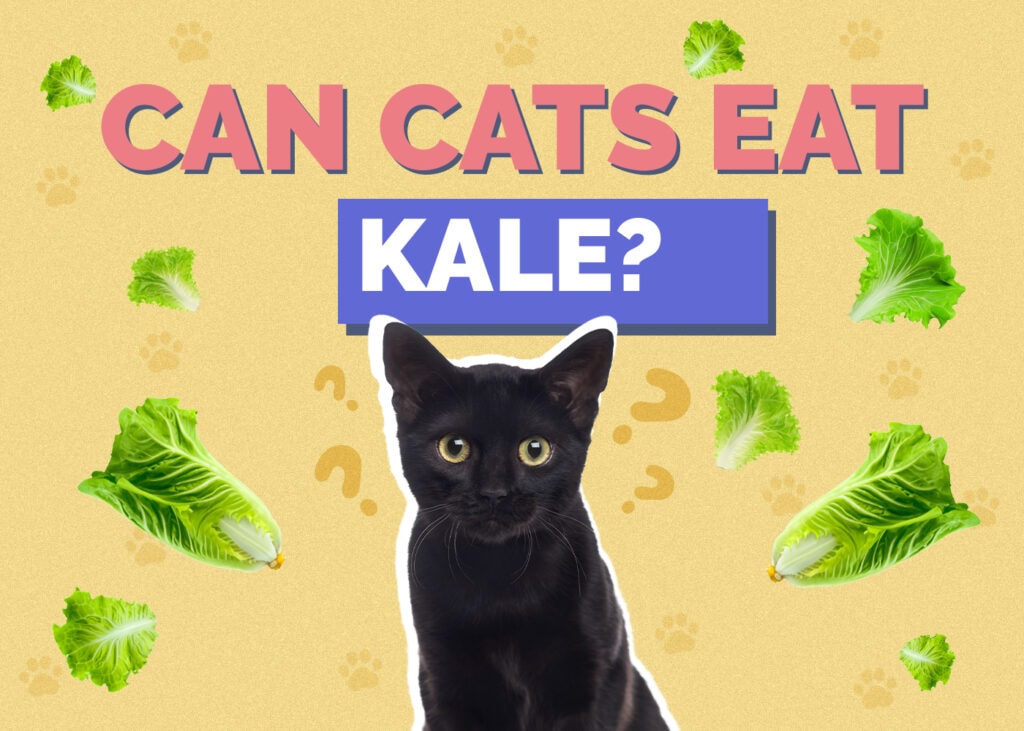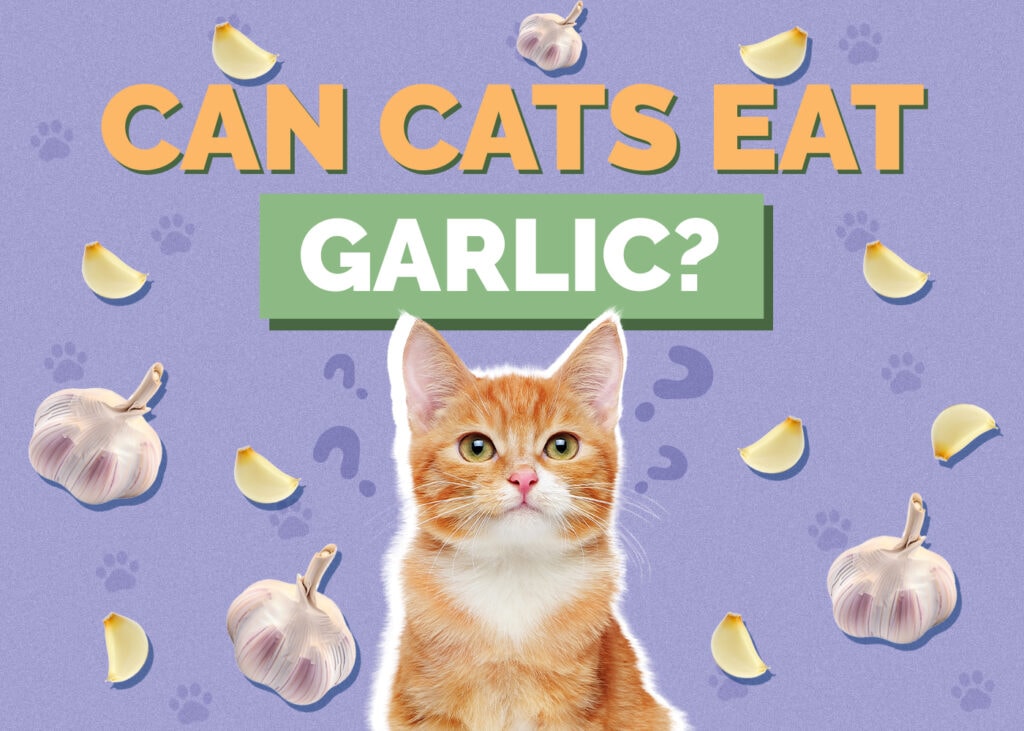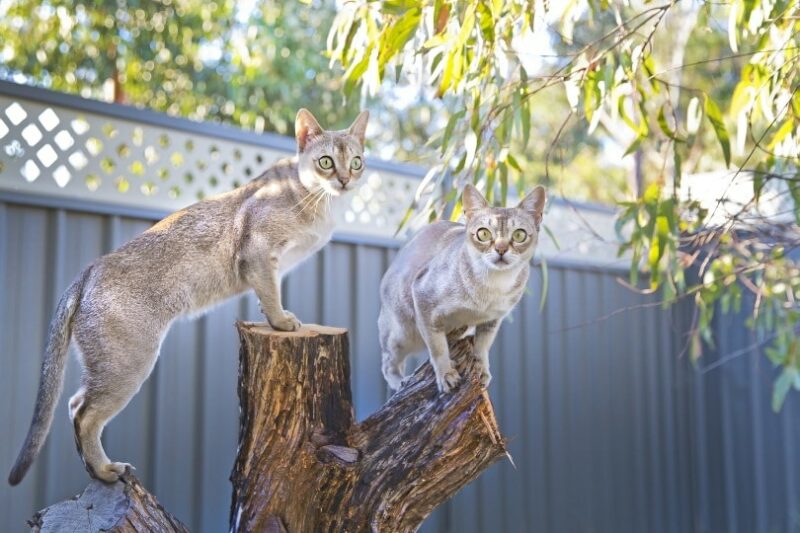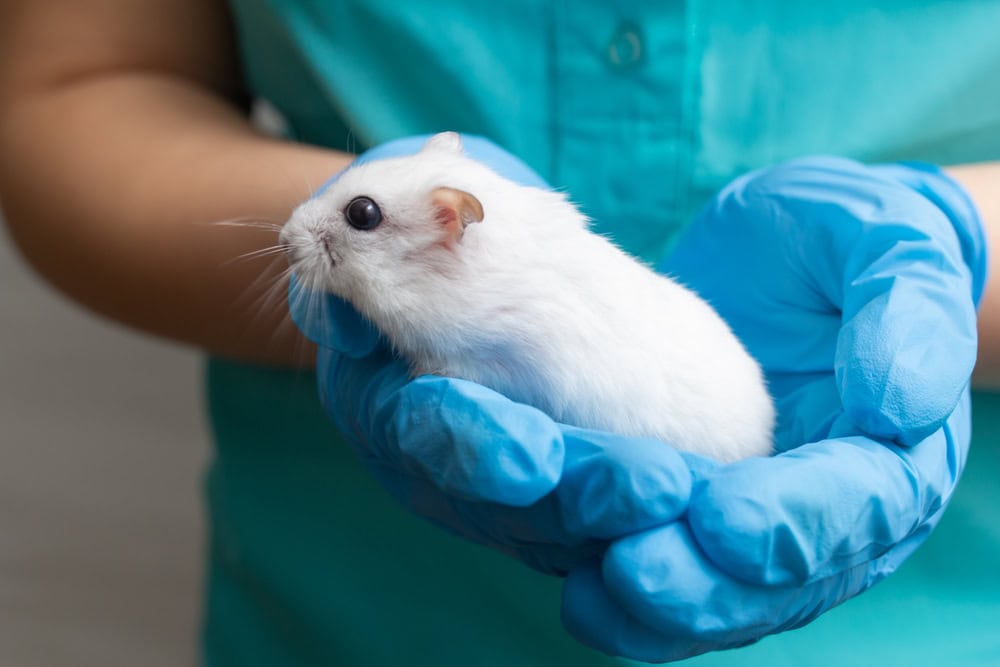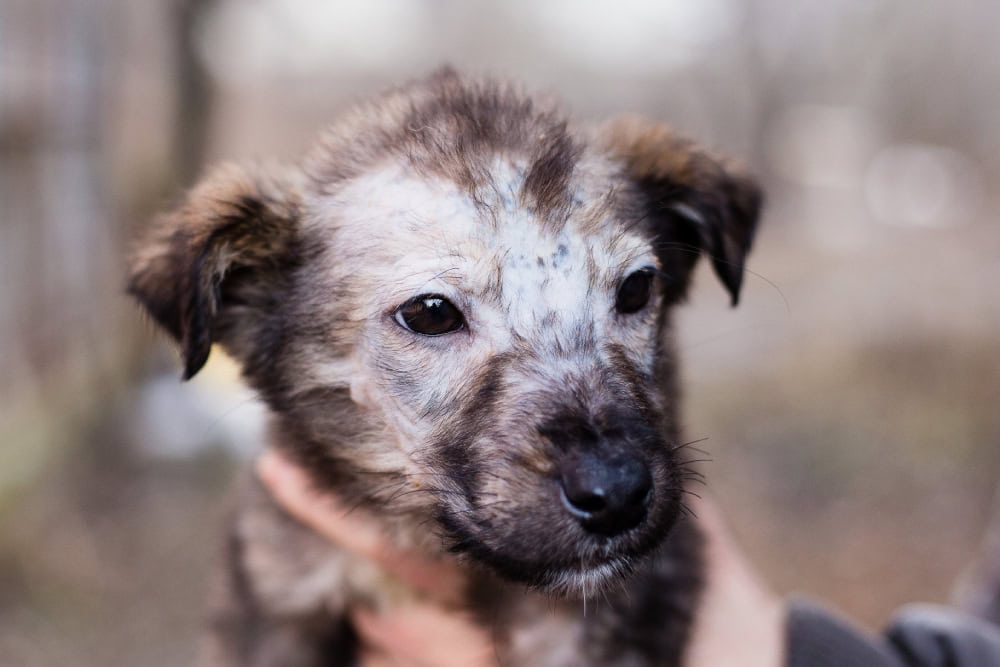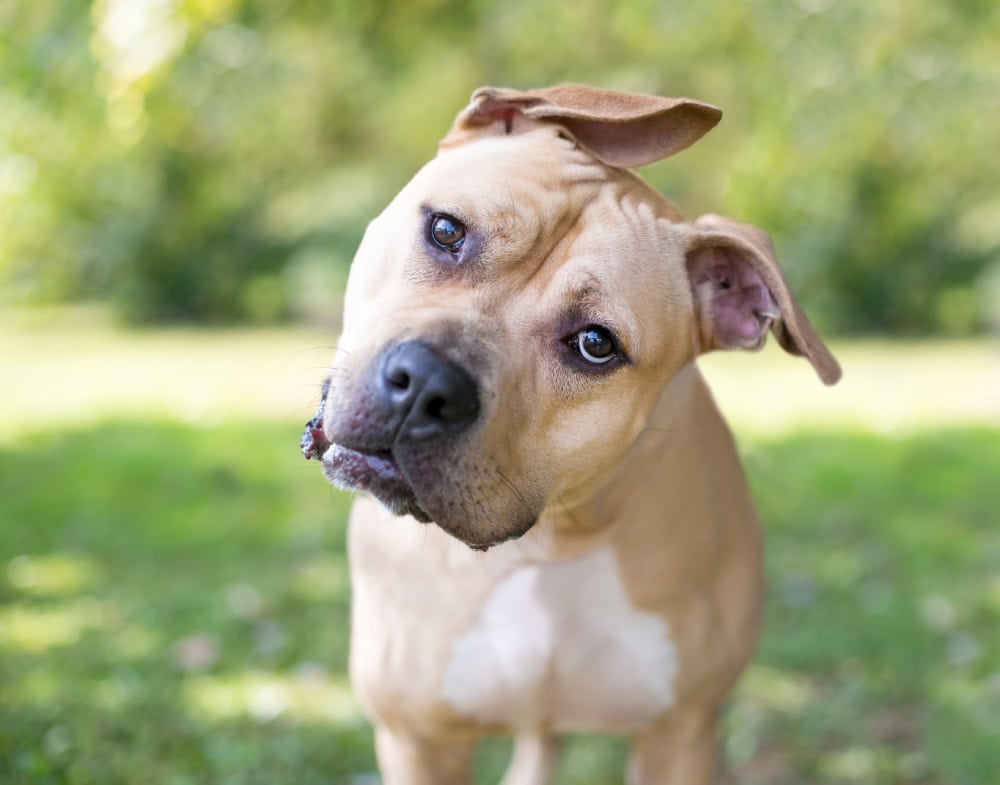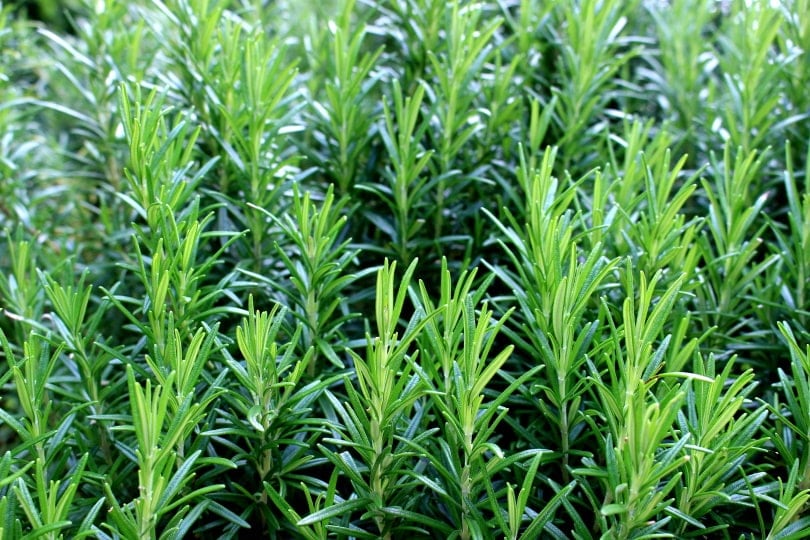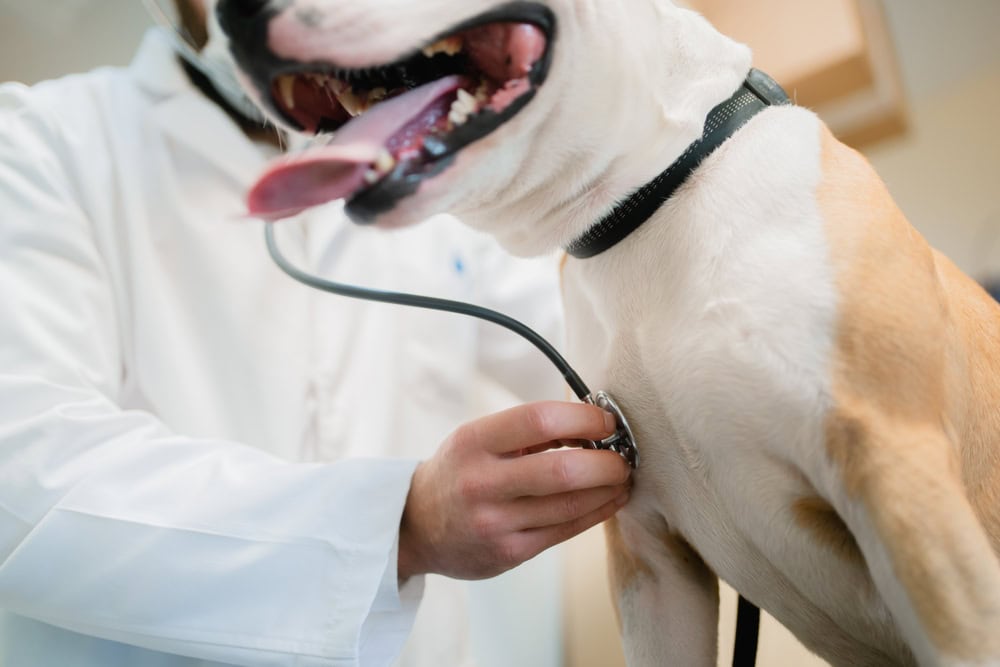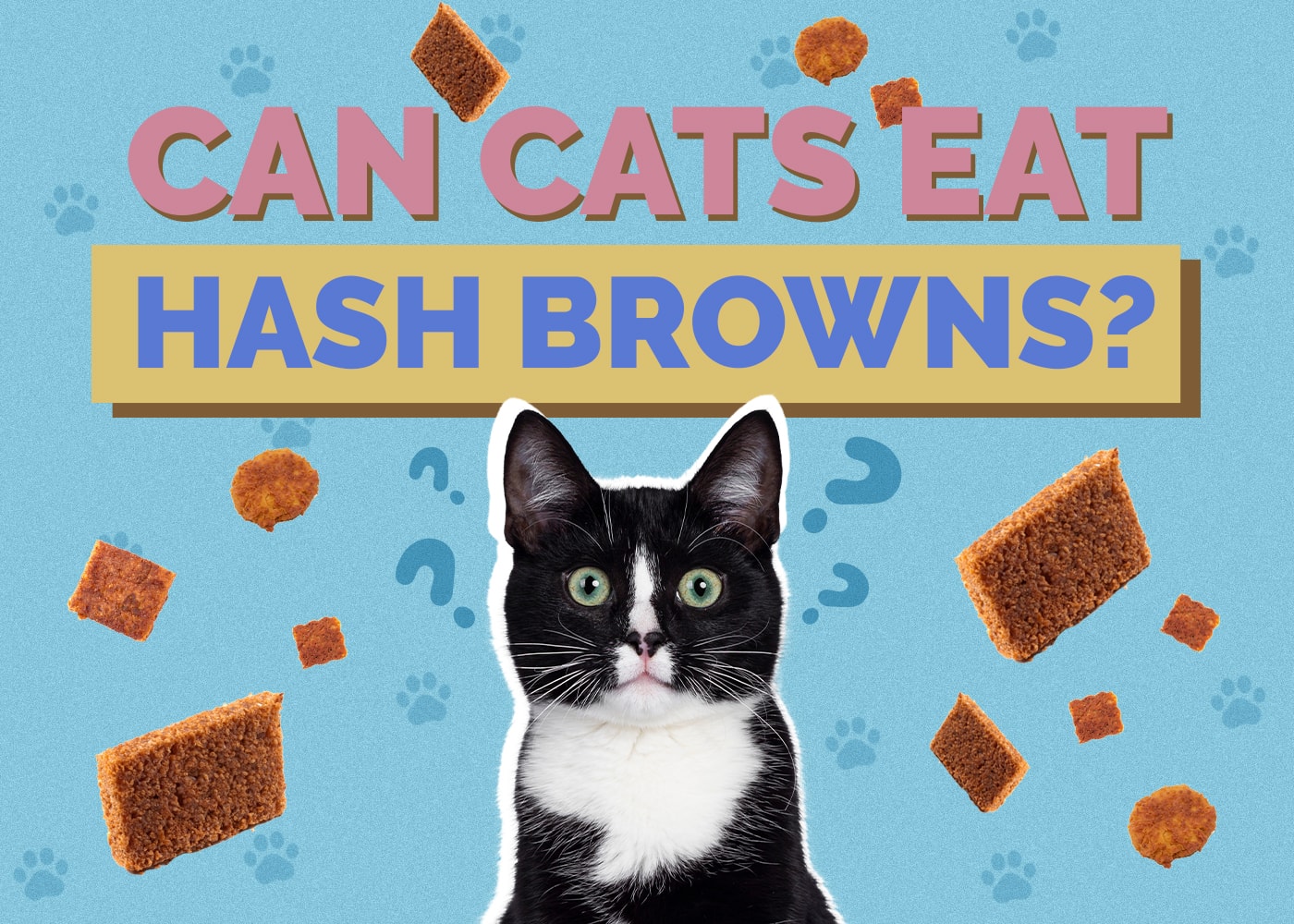
[jump-links title=”Click to Skip Ahead”]
What Are Hash Browns?
Cats & Hash Browns
A Cat’s Diet
[/jump-links]
Potatoes can be delicious, particularly when in hash brown form. Hash browns are a fixture for many breakfasts and brunches for humans, but has your cat seemed interested in your hash browns too? You may wonder if it’s safe to give your cat any.
Cooked potatoes on their own are safe enough, but you need to avoid giving your cat hash browns. They include ingredients that are not good for cats, such as oil, salt, and other seasonings. They also sometimes contain onions, which are highly toxic to cats.
We have a closer look at hash browns and the effects that eating them might have on your cats.

What Exactly Are Hash Browns?

Hash browns vary depending on where you get them from and who made them. The first printed use of the term, “hashed brown potatoes,” was in 1888 by Maria Parloa, but the “hash browns” phrase that we know today was first used in 1911 as part of a slang lunch counter term.
They were a popular breakfast side dish in the 1890s in New York City and were served in upper-class hotels. How times have changed, considering that they are a staple of the greasy-spoon diners today!
Traditional hash browns are typically boiled potatoes that are diced and combined with onions and shortening and made into a potato cake before being fried. Many times, people add leftovers to their hash browns. They can be shredded, diced, served as a patty, or put into a casserole.
Hash browns don’t have many health benefits for anyone. They are tasty treats for us and not something that should be given to animals.

Cats and Hash Browns
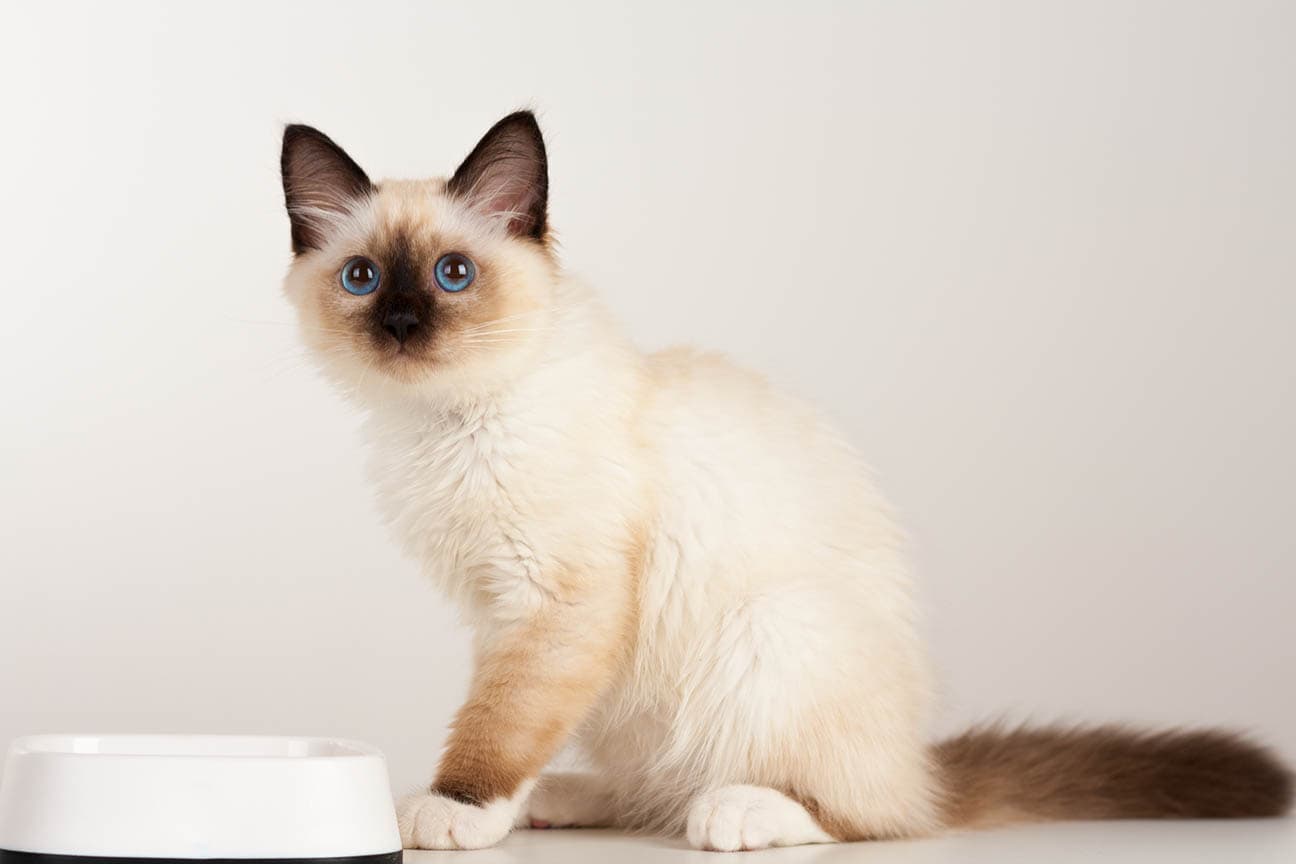
Plain-cooked potatoes are fine for cats, but they are not necessarily anything they need in their diets. That said, potatoes don’t usually cause cats any actual harm if they are only given occasionally as a treat. Too many potatoes can make a cat’s diet unbalanced.
However, hash browns are more than just potatoes with unhealthy ingredients for cats. In general, if a cat eats hash browns, they might experience lethargy and an upset stomach, which can include nausea, vomiting, and diarrhea.
Oil
It’s common for hash browns to be combined with some kind of oil or fat, like shortening. They are also fried in oil and sometimes butter. Too much fat that comes from oils can potentially lead to a cat developing pancreatitis and diabetes. There’s also the chance of a cat becoming obese.
Cats do need a certain amount of fat in their diets, which is typically derived from animal protein, but vegetable oils contained within human foods will not benefit your cat in any way.
Salt
The Pet Poison Helpline has named salt as an ingredient that is toxic for cats and dogs. Too much salt can eventually lead to salt poisoning, and the following signs might occur in your cat:
[su_box title=”Signs of Salt Poisoning in Cats:” box_color=”#BC4B52″ radius=”0″][su_list icon=”icon: warning” icon_color=”#BC4B52″]
- Vomiting
- Diarrhea
- Lethargy
- Decreased appetite
- Loss of balance
- Increased urination and thirst
- Tremors
- Seizures
- Coma
[/su_list][/su_box]
Of course, your cat would need to ingest a large amount of salt for a coma or seizures to occur, but it’s just not worth the risk.
Onions
According to the Pet Poison Helpline, anything in the onion and garlic family (leeks, chives, etc.) is quite toxic to cats and dogs. This can also include the onion and garlic powder used as seasoning in your food.
The more serious outcomes include oxidative damage to the cat’s red blood cells, leading to the cells rupturing, which then results in anemia.
[su_box title=”Signs of Anemia in Cats:” box_color=”#BC4B52″ radius=”0″][su_list icon=”icon: warning” icon_color=”#BC4B52″]
- Pale gums
- Lethargy
- Weakness
- Inability to exercise
- Increased respiratory rate
- Increased heart rate
- Collapse
[/su_list][/su_box]
Onions and garlic can also lead to gastroenteritis, which can cause:
[su_box title=”Signs of Gastroenteritis in Cats:” box_color=”#BC4B52″ radius=”0″][su_list icon=”icon: warning” icon_color=”#BC4B52″]
- Nausea
- Drooling
- Vomiting
- Diarrhea
- Mouth irritation
- Stomach pain
[/su_list][/su_box]
Unfortunately, the signs of a cat having eaten onions or garlic are usually delayed by a few days. If you witnessed your cat eating any of these ingredients or any food that contains these ingredients, don’t wait for the signs to show up. Take them immediately to your vet or an emergency clinic!

A Cat’s Diet
Other than all the unhealthy and toxic ingredients, another reason that giving your cat hash browns is a bad idea is due to a cat’s diet. Cats are obligate carnivores. This means most of the cat’s diet must be meat — 70% at a minimum.
This also means that cats can have a much harder time digesting and absorbing the nutrients of vegetable and plant matter.
Most commercially made cat food is a balanced diet of meat in addition to the right amounts of nutrients, minerals, and vitamins. Fillers like corn, soy, grains, and animal by-products don’t add much nutritional value.
This short look at a cat’s diet is meant to showcase that cats don’t really need treats outside of their usual food that has been specifically formulated for them. Treats are fine once in a while but be sure to keep them to just that — once in a while.
[sc name=”nomnom-cat-bowl-can-cats-eat-mention”][/sc]

Conclusion
The final word here is that you definitely shouldn’t give your cat any hash browns — at least not intentionally. If you accidentally drop hash browns on the floor and your cat quickly scarfs it up, chances are that they will be just fine. If onions or garlic are part of the seasonings, though, take your cat to the vet just to be safe.
Hash browns tend to be full of additives and have been heavily processed if you have any from a fast-food restaurant or as a frozen product. So, please avoid giving these to your cat, and speak to your vet if you have any questions or concerns about your cat’s diet.
Your best bet is just to stick with food and treats designed for cats, and you’ll have a healthier and happier cat.
Related Reads:
- Can Cats Eat Sushi? Vet-Reviewed Nutrition & Safety Guide
- Can Cats Eat Pomegranates? Vet-Reviewed Facts & FAQ
[su_accordion class=””] [su_spoiler title=”Sources” open=”no” style=”default” icon=”plus” anchor=”” anchor_in_url=”no” class=””]
- https://www.petmd.com/cat/conditions/neurological/c_ct_ataxia
- https://www.petmd.com/cat/conditions/urinary/c_ct_polydipsia_polyuria
- https://www.petmd.com/cat/conditions/neurological/c_ct_tremors
- https://www.petmd.com/cat/conditions/neurological/ct_epileptic_seizures
- https://www.petmd.com/cat/conditions/neurological/c_ct_stupor_coma
- https://www.petmd.com/cat/conditions/neurological/c_ct_ataxia
- https://www.petmd.com/cat/general-health/why-my-cat-lethargic
- https://www.petmd.com/cat/emergency/common-emergencies/e_ct_diarrhea
- https://www.petmd.com/cat/emergency/common-emergencies/e_ct_vomiting
- https://www.petmd.com/cat/conditions/digestive/c_ct_obesity
- https://www.petmd.com/cat/emergency/common-emergencies/e_ct_diabetes
- https://www.petmd.com/cat/conditions/endocrine/c_ct_pancreatitis
- https://www.petmd.com/cat/how-relieve-cat-stomach-issues
- https://idahopotato.com/dr-potato/qa-who-invented-hash-browns
- https://www.britannica.com/science/nutrition/Herbivores#ref242101
- https://www.petmd.com/cat/signs-causes-and-treatment-anemia-cats
- https://www.petmd.com/cat/conditions/digestive/c_ct_eosinophilic_gastroenteritis_in_cats_diarrhea
[/su_spoiler] [/su_accordion]
Featured Image Credit: jreika, Shutterstock








